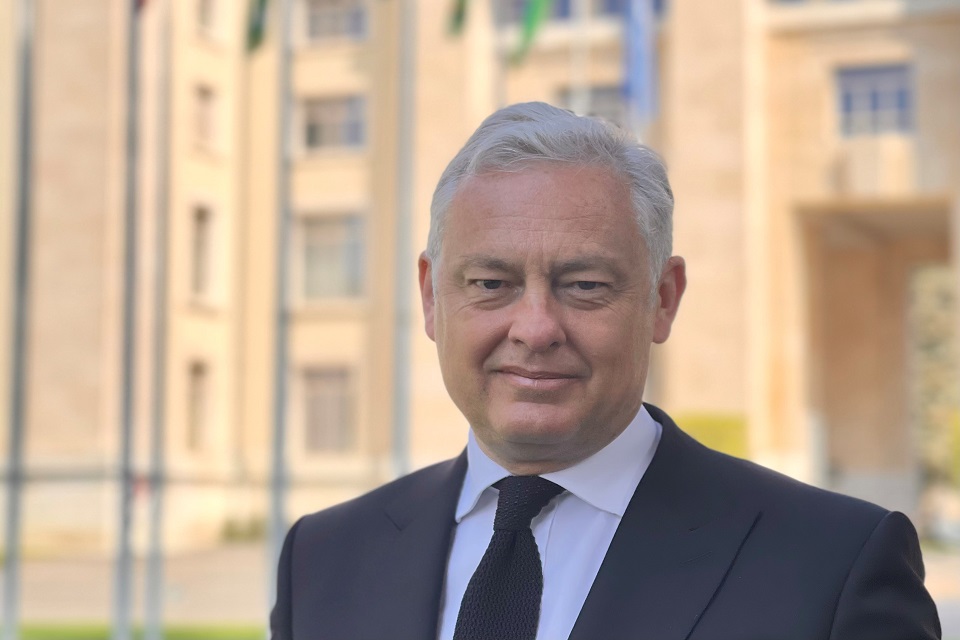WTO General Council May 2023: UK Statement on Reform
UK Statement on Reform as delivered by the UK's Permanent Representative to the WTO in Geneva, Simon Manley, at the WTO General Council, 8-9 May 2023.

Thank you Chair.
I have the honour to introduce the communication entitled ‘Improving the operation of WTO bodies to revitalise the WTO’s monitoring and deliberative function’ on behalf of the co-sponsors, contained in document WT/GC/W/877. The document was circulated to Members on 4 May.
The day-to-day work at the WTO councils and committees is the lifeblood of this organisation. Improving the effectiveness and impact of this work, to enable the full participation of all Members, is at the heart of the WTO reform agenda.
Activity to revitalise the Monitoring and Deliberative function is already happening throughout WTO bodies. It has filled this organisation with renewed energy, including the agenda of this General Council meeting, with papers from a wide range of the Membership.
We should not underestimate the importance of this work in building the trust the WTO desperately needs. The communications from the LDC Group; the African Group; from Argentina, Colombia, Ecuador, Paraguay and Uruguay presented to CTG; in addition to some of the papers on the agenda today, are great examples of constructive contributions to this discussion. From all of these important contributions it is clear that there is broad agreement across the membership on so many elements of this important agenda.
So the first aim with this paper is to bring together a number of the proposals we have seen across the different papers and committees into one place. This is in direct response to the plea from many smaller delegations to make sure there is transparency on what is happening on reform at the GC. Indeed many of the ideas in this paper can have a real impact in boosting participation of Members, especially those with capacity constraints, in the work of the organisation.
In this way the paper aims to be an “umbrella paper” covering the different issues being discussed on the procedural and deliberative elements of reform. Our intention is to complement and support the work already underway throughout WTO bodies.
The paper recognises the need to reinvigorate the monitoring and deliberative function at the WTO. It focuses on ideas to improve the operation of WTO bodies so that Members can fully participate in the daily work of the organisation. It recognises the special challenges faced by developing country Members, especially those with significant capacity constraints. It also recognises that the increasing challenges to engage substantively impact the quality of the deliberation and policy dialogue, centre to WTO effectiveness.
This is not meant to be an exhaustive list of suggestions, rather an attempt to provide a list of options that WTO committees and councils can examine and consider when discussing their own operational reform efforts.
Our hope with this paper is to set out a clear set of steps we can take to make sure our reform effort delivers real practical steps and tangible results. As is the case for the many papers put forward by Members, we hope this helps spark further discussions so that we can work together to find practical ways to take them forward.